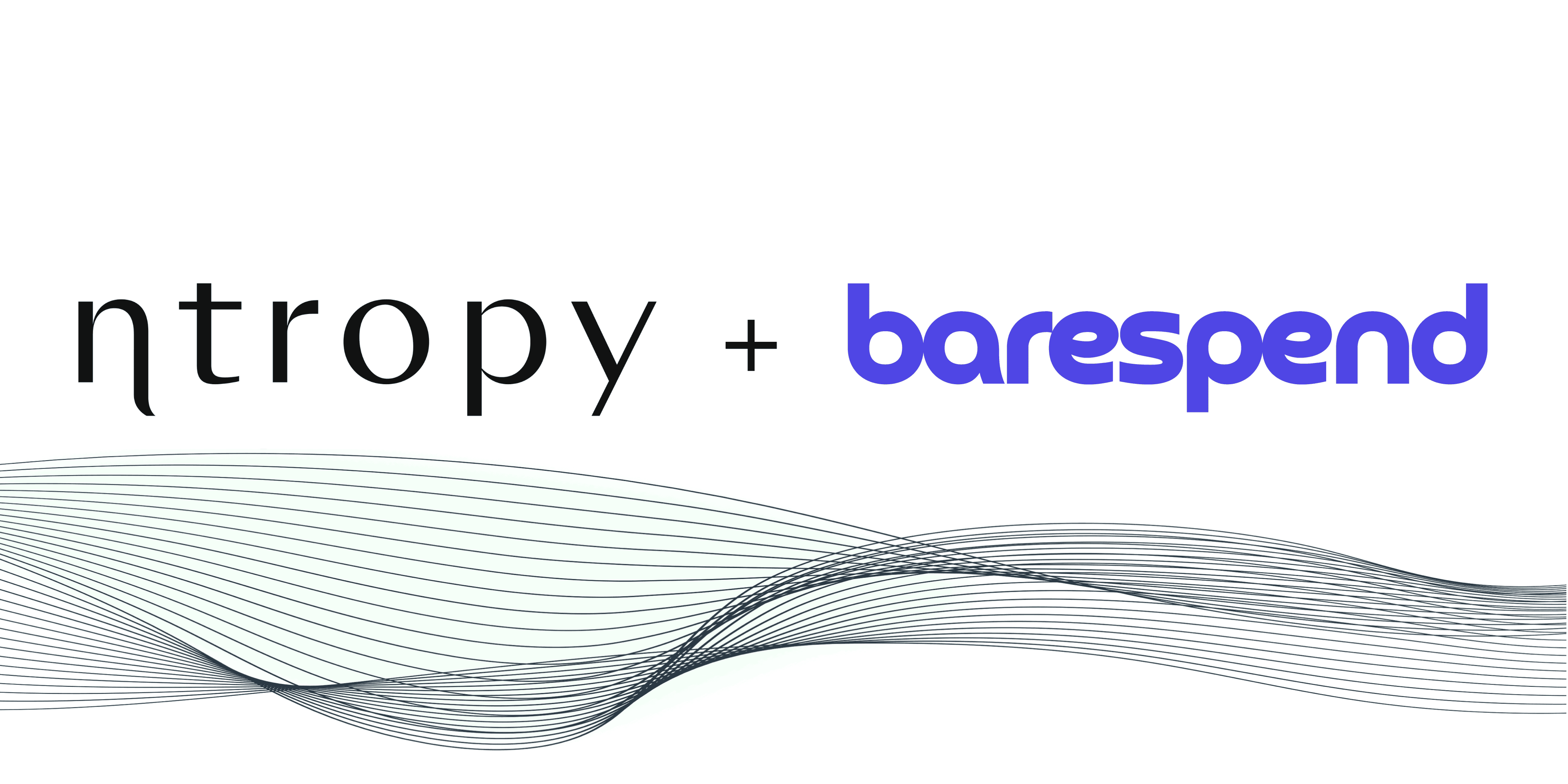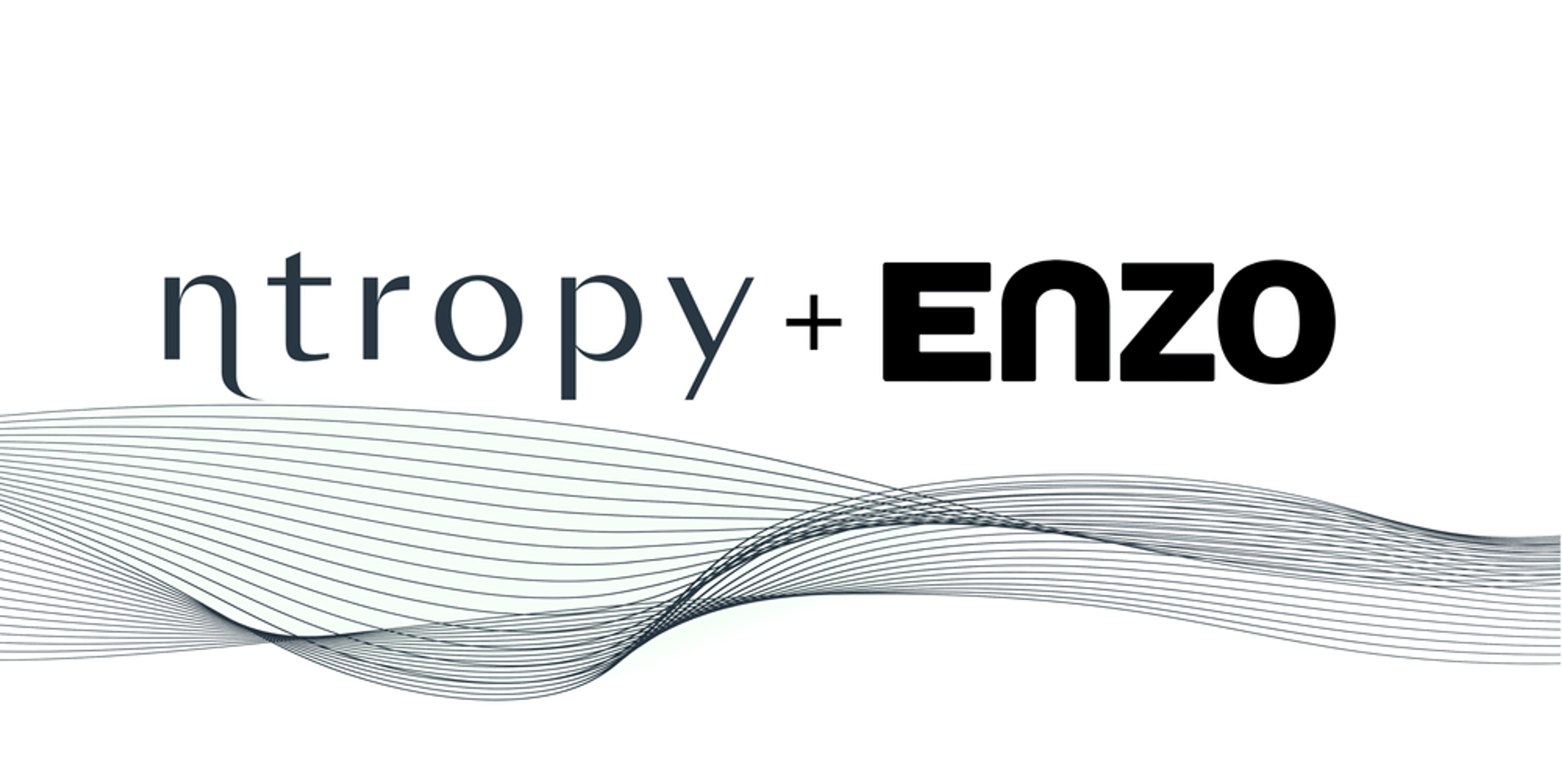Case Studies, Fin Ops
23 Mar 2023
Case Study: Maintaining focus with a different take on business spend management with Barespend

Author
Michael Jenkins
Product Marketing Lead
Client
Products used
Spend management is a hot topic for VCs as well as for Finance teams at companies of all shapes and sizes. With an increasing focus on costs due to the economic environment that businesses find themselves in, identifying where your existing spend goes is a high priority.
Spend management has been a popular category since Brex injected some innovation into the space in 2017, providing a credit card for startups and then naturally expanding into software for expense management. Employers and employees had long been frustrated with spend management for years due to poor software from incumbents.
Startups taking on the legacy providers in this space have raised over $7bn in funding since 2017 and have mostly taken the same path; providing a superior software experience dependent on implementing a new corporate card program. However, this path is not suitable for all customers as switching a corporate card program from American Express to a card issued by a modern spend management solution, is often not an option.
This is where companies like Barespend come in, who focus on the software layer to provide real-time spend automation for growing companies. Before it could begin building great software though, Barespend had to navigate a number of hurdles with the financial data it processes for its customers.
The Problem
The business customers that Barespend works with are increasingly asking deeper questions about their corporate expenses and assessing which of their vendors are adding value. Such questions that Barespend's customers are asking related to vendors include;
- What vendors am I currently spend with?
- Which of them have overlapping capabilities or features?
- How do I want to allocate future budgets amongst vendors to maximise ROI?
These questions may not seem that difficult to answer but poor data quality means that for Barespend, it would be a very manual task which is why they turned to Ntropy.
The main challenge that Barespend faced was that the vendor names it receives from its customers were messy. The same vendor often had different names or sometimes used abbreviations and sometimes didn't. For example, Zoom often came up as “Zoom.com”, “Zoom US” or “Zm”. These are all the same vendor but with different names. Furthermore it can also be difficult to identify who the vendor was, especially when payment intermediaries such as PayPal are involved.
This poor data quality meant that Barespend could not answer its customers' questions and the company realised they needed a solution to get accurate and consistent merchant names from the financial data that Barespend processes on its customers behalf.
Being a highly focused startup without an army of people to deploy, Barespend knew that they didn't have the time (6 months+) or resources to do this themselves. Additionally, the data that came from their customers via data aggregators was not accurate enough, so they looked for an outsourced solution.
On top of that, standardised merchant names would allow Barespend to do more automations to save their customers time. One such example would be to automate the mapping of vendors to general ledger (GL) codes in accounting systems. This meant that their underlying customers were having to manually do this.
The Solution
Given the challenges of poor financial data quality, Barespend went looking for a solution and after searching for a solution to “Named Entity Recognition”, found Ntropy.
Ntropy makes it easier to build better products with financial data and is the most accurate financial data standardisation and enrichment API. In practice, this means that Ntropy enriches financial data with a standardised merchant information such as name, logo, website as well as a spend category.
By leveraging Ntropy’s unique merchant identifier and name, Barespend was able to build a vendor management tool that identifies spend by vendor along with trends and analytics for its customers, saving 30%-40% of work for the FP&A analysts of its customers. This time saving allows Finance teams to spend more time working on higher value functions and allows Barespend to focus on additional value added features for its customers.
With standardised merchant names, Barespend is also able to automate the mapping of vendors to GL codes in accounting systems, significantly cutting down the time its customers spend manually doing this work so that they only have to look at the outliers.
The Impact
Ntropy has empowered a new team with limited resources to focus on their core differentiating features and avoid hours of work. This would typically have cost a bank hundreds of thousands of dollars to build over six months without factoring in on-going maintenance.
It's just not worth it, it's not our core focus. Our core focus is to add value to the customer. Our speed to market was greatly accelerated from six months to only one month as well as removing any ongoing maintenance cost and time.
Joel D'Souza, co-founder of Barespend
As well as accelerating speed to market, Barespend estimates that its automated mapping of vendor to GL code saves its customers 25-30 hours per month and would not be possible without the consistent and standardised merchant information from Ntropy.
Get Started
To join customers making the switch to Barespend you can sign up here.
To learn more about how you can accelerate time to market with better transaction data, get in contact.

